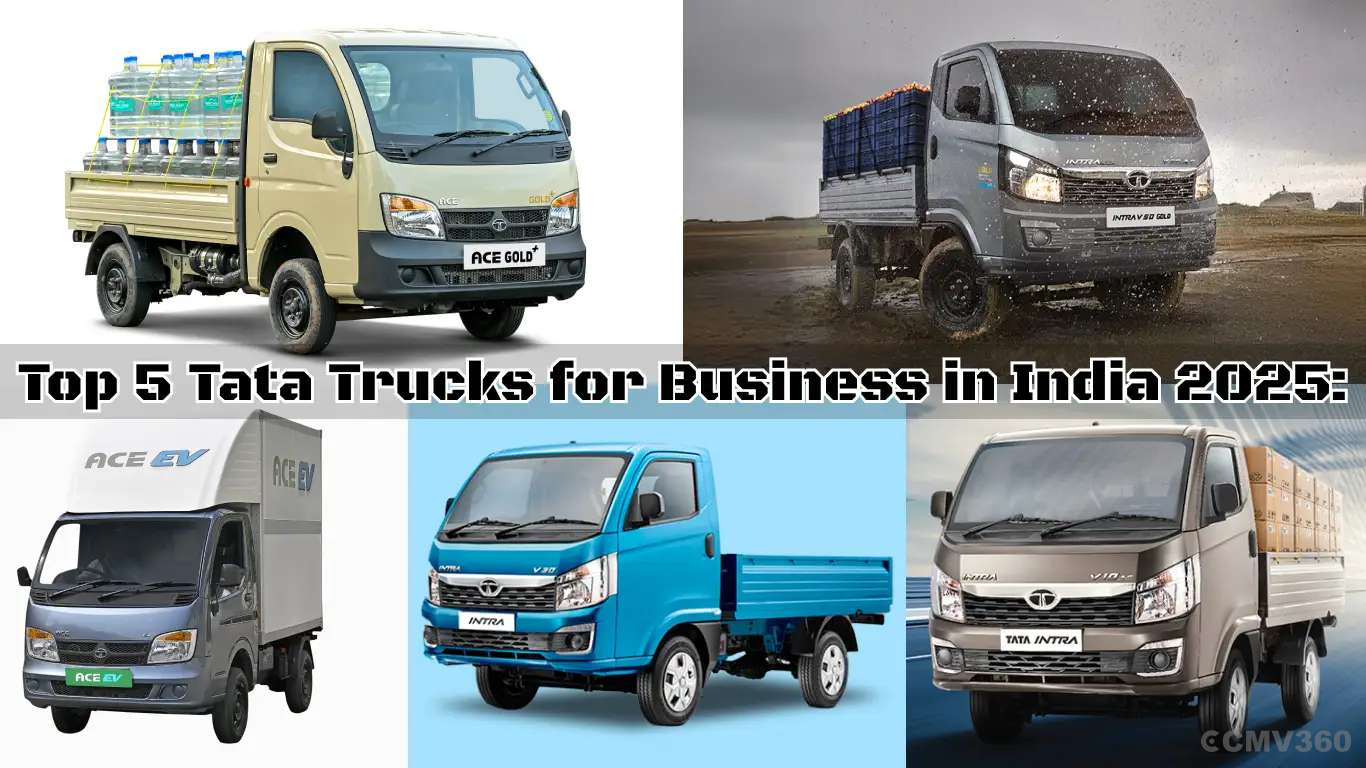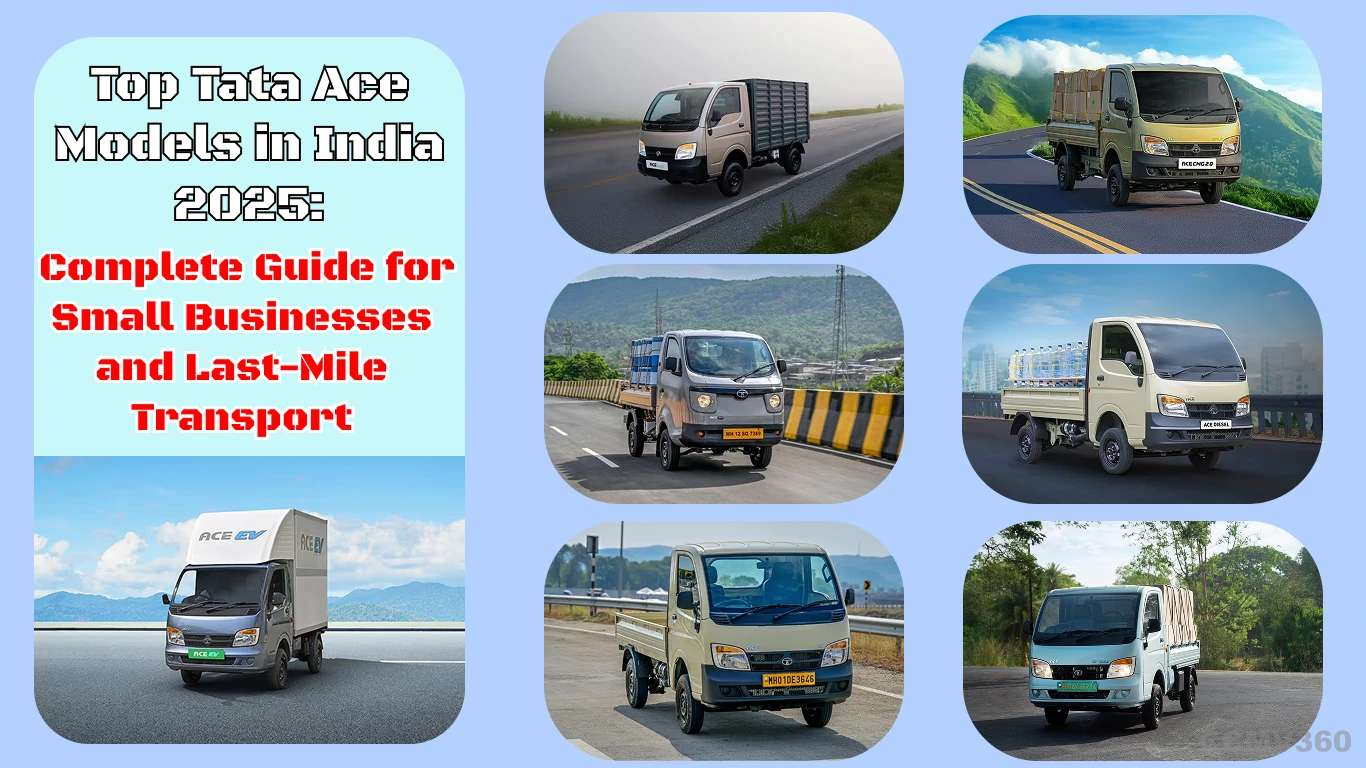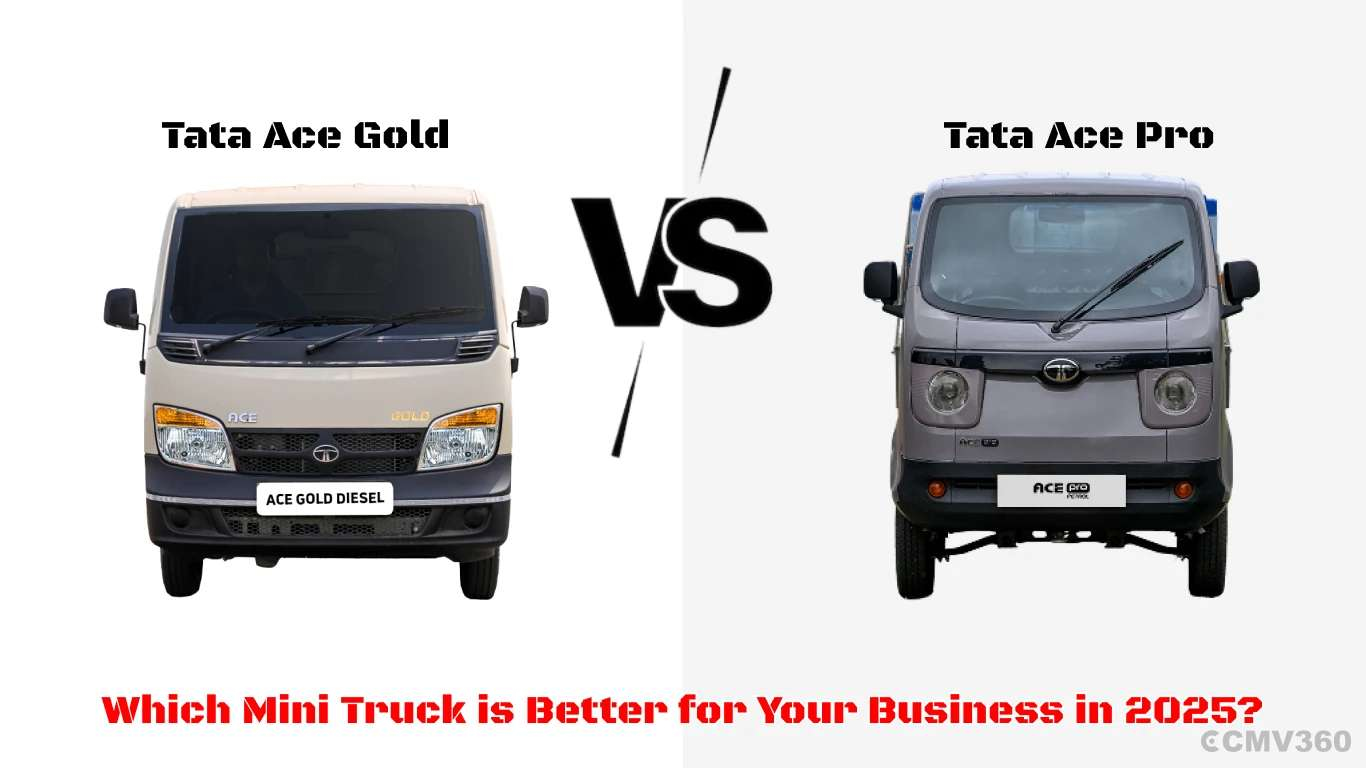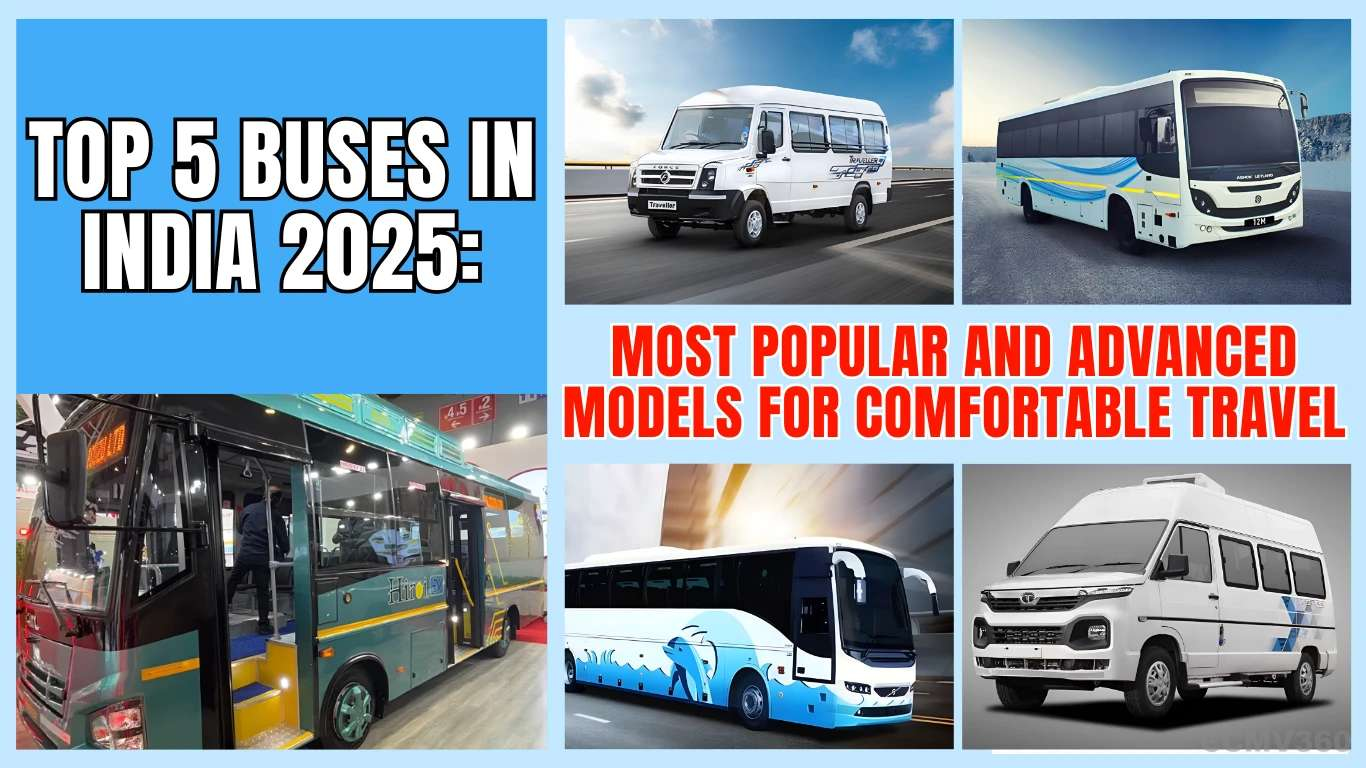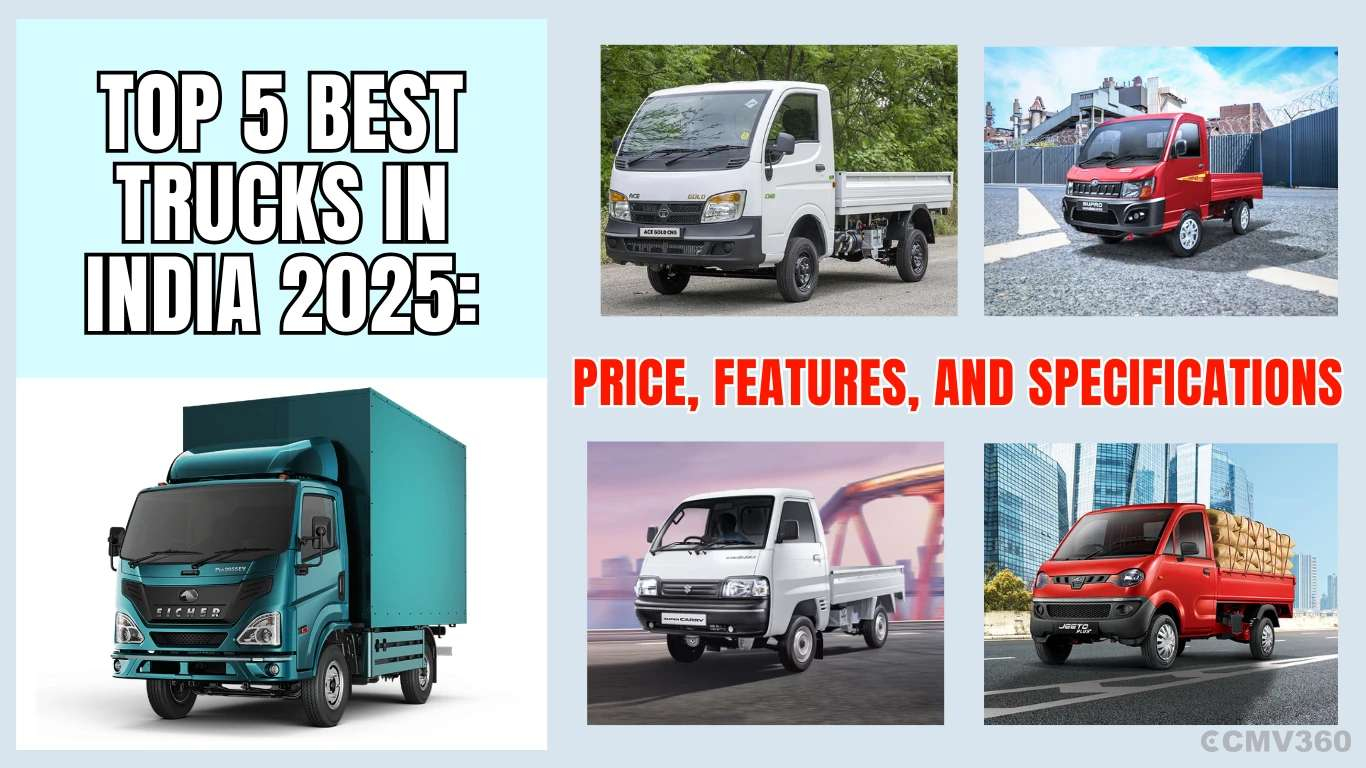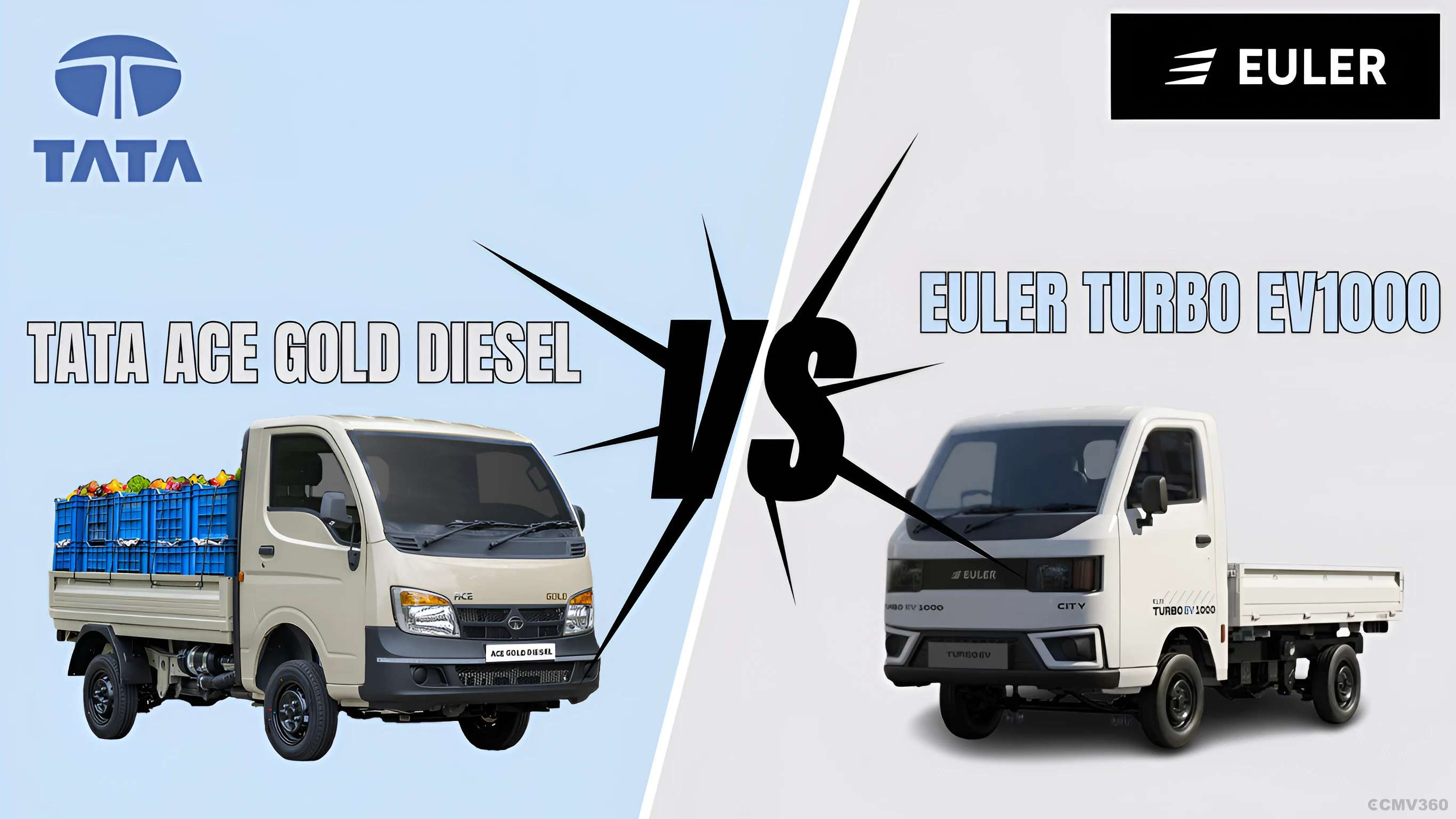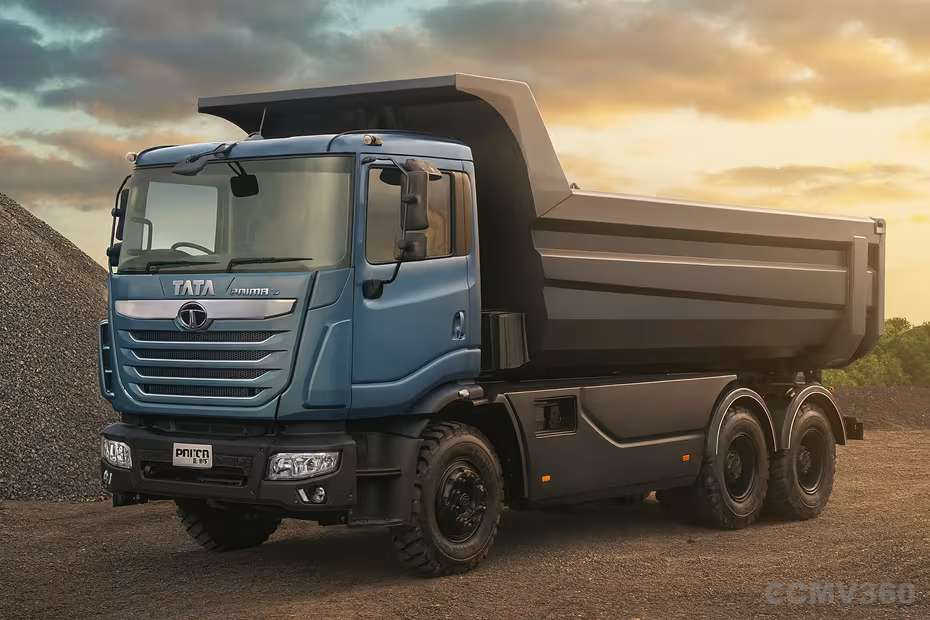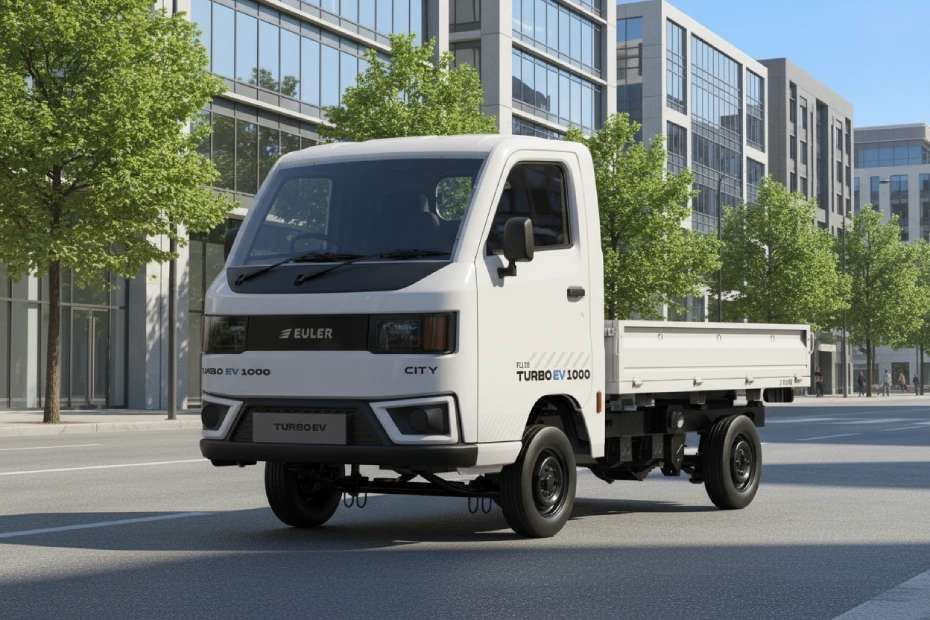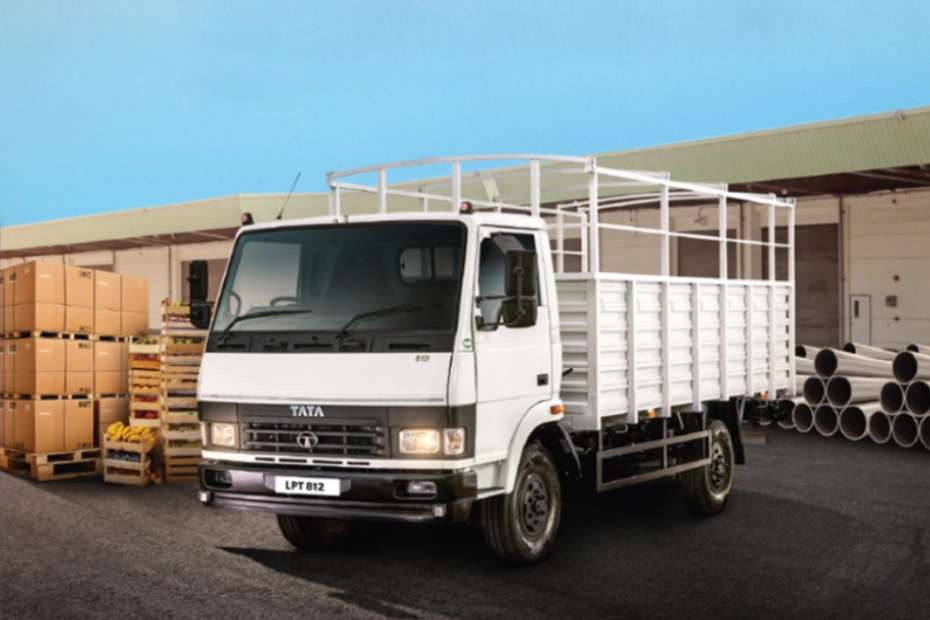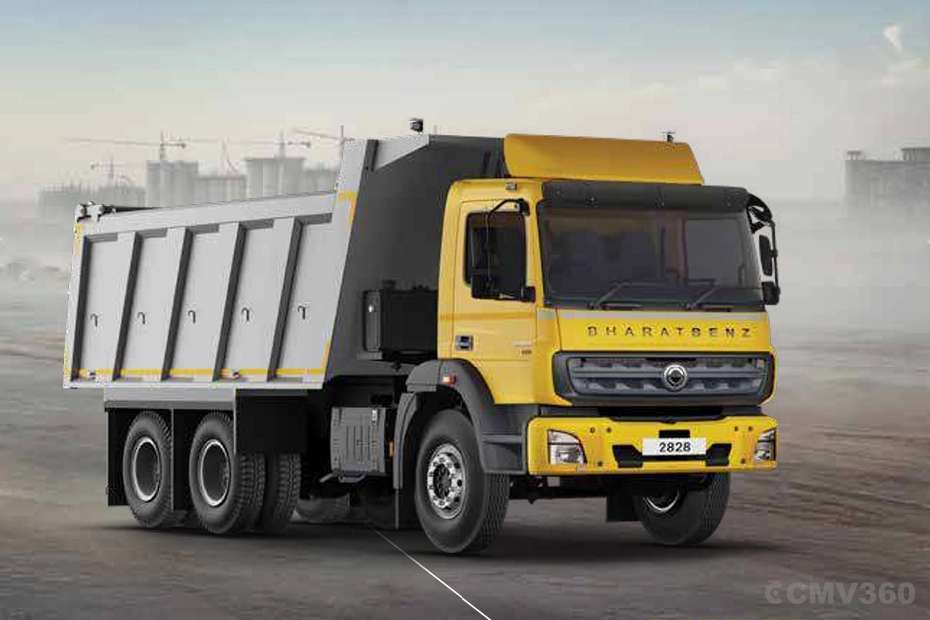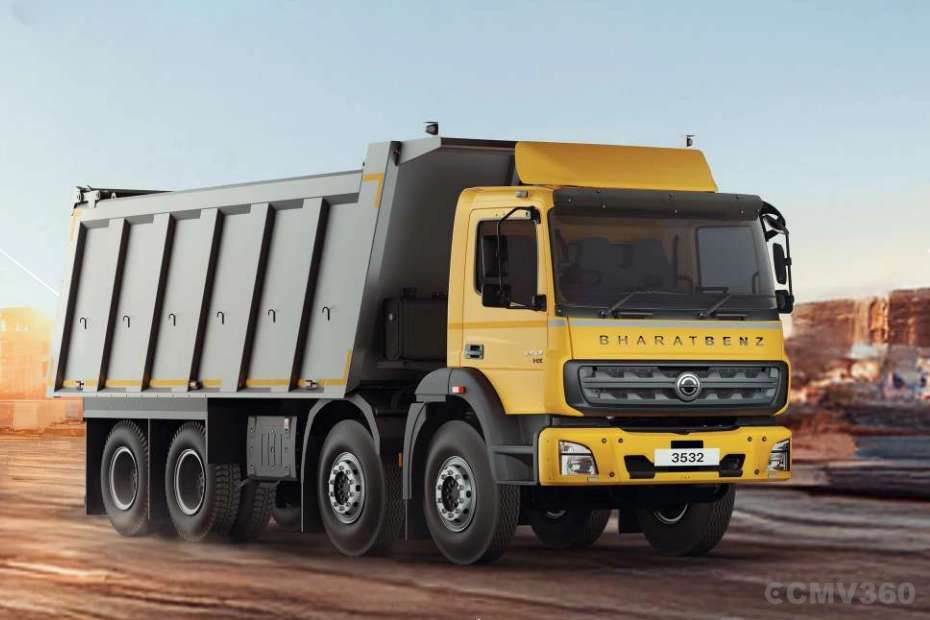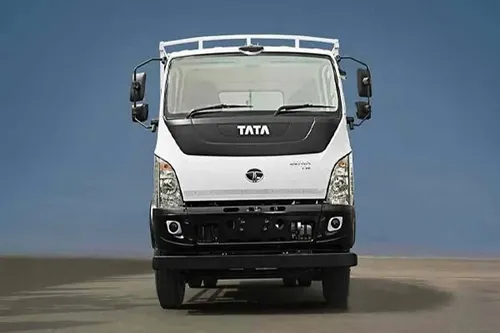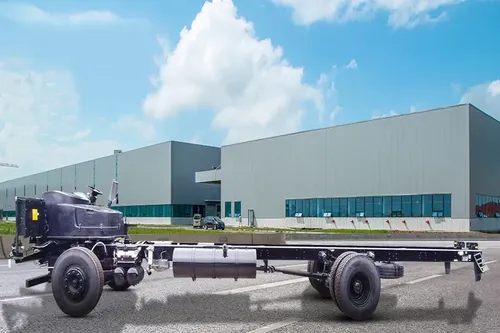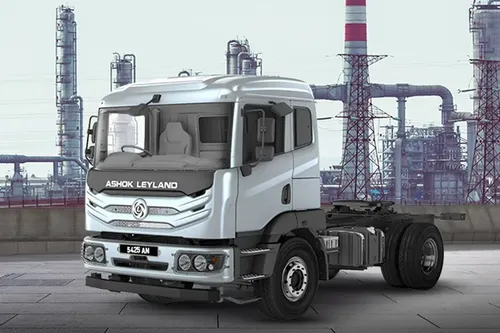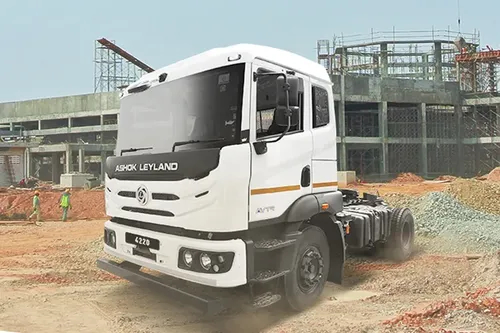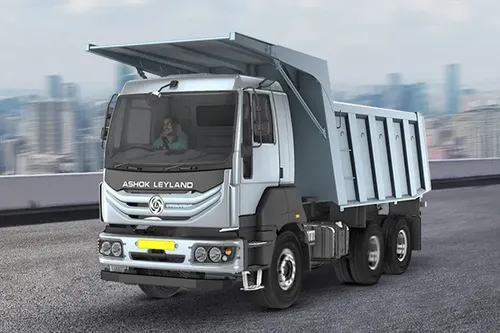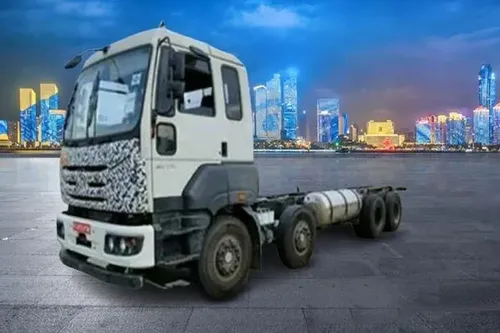Ad
Ad
Why Electric Three-Wheeler Autos are a Smart Financial Investment in India
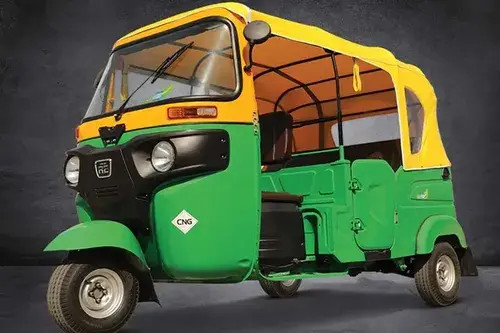
The Indian automobile industry is witnessing a drastic shift toward sustainability, with electric vehicles (EVs) becoming popular. Among the EVs, the three-wheeler electric auto has carved a niche for itself. Due to its practical benefits, especially in densely populated urban areas, it is becoming the preferred choice for many Indian drivers and travelers.
In this article, we will explore the financial benefits of owning an electric three-wheeler auto, highlighting the reasons it’s a smart investment.
Cost-Effective Option
One of the most compelling reasons for switching to electric three-wheelers in India is the low operational cost. Traditional three-wheeler autos in India, running on diesel or CNG, require a consistent fuel budget, which has been steadily increasing with fluctuating fuel prices. On the other hand, electric three-wheelers run on electricity, which is far more affordable.
Fuel cost comparison: For a typical three-wheeler diesel auto, the fuel expense per kilometer is ₹3.75. In contrast, for an electric auto, it’s just ₹0.54 per kilometer. This major reduction in fuel costs leads to massive savings over the vehicle's lifetime. Given that most auto drivers operate their vehicles for hundreds of kilometers daily, these savings can add up quickly.
The economic advantage of electricity over conventional fuels becomes more evident when you consider the annual savings. For instance, assuming an average distance of 100 kilometers per day, an electric auto would save its owner over ₹117,000 annually compared to a diesel auto. This results into a huge financial help, especially for small business owners or individual drivers.
Lower Maintenance Costs
The simplicity of electric vehicle (EV) technology means fewer moving parts compared to combustion engines. As a result, electric three-wheelers in India require less maintenance, adding another layer of savings.
Maintenance cost comparison: For a diesel auto, the maintenance expenses amount to ₹0.61 per kilometer, whereas for an electric auto, it's only ₹0.42. Electric autos in India do not require oil changes, exhaust system repairs, or frequent engine tune-ups, which are common maintenance needs for diesel autos.
Additionally, the electric motor is generally more durable and efficient than an internal combustion engine, reducing the chance of breakdowns or costly repairs. Over the vehicle's lifetime, the cumulative maintenance savings can be substantial.
Lifetime Savings
When considering the financial advantages of an electric three-wheeler in India, it’s essential to look at the total cost of operation over the vehicle's lifespan. Typically, the lifetime of a three-wheeler is estimated to be around 8 years.
Lifetime operating expenses: For a diesel auto, the total operating expenses over 8 years can amount to ₹13,31,000. Meanwhile, for an electric auto, the total operating expenses come to just ₹4,25,400. This difference results in a lifetime savings of ₹8,21,600. For many owners, this simply justifies the initial investment in an electric vehicle.
By investing in an electric three-wheeler in India, drivers benefit from a significant reduction in both fuel and maintenance costs over time, which leads to financial security and higher profitability for those using their vehicle for commercial purposes.
Lower Total Cost of Ownership (TCO)
While the upfront cost of an electric three-wheeler may be higher than its diesel counterpart, the total cost of ownership (TCO) tells a different story.
The TCO considers both the capital expenditure (CAPEX) and operational expenditure (OPEX) over the vehicle's lifespan. This metric is important for determining the long-term financial benefits of a vehicle.
TCO comparison: For a diesel auto, the total cost of ownership over 8 years is around ₹17,60,817. In contrast, the TCO for an electric auto is ₹9,74,872, a substantial reduction of ₹7,85,945, which is nearly 45%. This major difference in TCO highlights the economic advantage of owning an electric auto in India in the long run.
The financial benefits become even more evident when you factor in the declining cost of EV batteries and government incentives promoting electric vehicles in India. With time, the cost of purchasing and maintaining an electric three-wheeler in India will only decrease, making it a more accessible option for a wider audience.
Government Incentives and Subsidies
To encourage the adoption of electric vehicles, the Indian government offers various incentives and subsidies to electric three-wheeler buyers. These financial benefits can offset the relatively higher upfront cost of electric autos, making them even more affordable.
Incentives such as tax exemptions, subsidies on EV purchases, and lower registration fees are just a few ways the government is pushing for greener mobility solutions.
Under the FAME II (Faster Adoption and Manufacturing of Hybrid and Electric Vehicles) scheme, the government provides financial incentives for the purchase of electric three-wheelers, further lowering the total cost of ownership for potential buyers.
These incentives not only reduce the financial burden on buyers but also make the switch to electric autos more appealing, encouraging drivers to choose sustainable options.
Long-Term Financial Security
Investing in an electric three-wheeler is not only about saving money in the present but also about securing long-term financial stability. As fuel prices continue to rise and environmental regulations tighten, diesel and petrol vehicles may face higher operating costs and even penalties in the future.
Electric three-wheelers in India are immune to these concerns. They offer drivers a reliable and cost-efficient mode of transportation, ensuring that their income isn't heavily impacted by external factors like fuel price hikes or stricter emission norms.
As cities expand and public transportation systems evolve, electric autos will continue to play a vital role in affordable urban mobility.
CMV360 Says
The financial benefits of owning an electric three-wheeler auto in India are clear. While the initial cost may seem higher, the long-term savings from lower fuel, maintenance, and total cost of ownership far outweigh the upfront investment.
With government incentives supporting electric vehicle adoption, there has never been a better time to invest in an electric auto. It not only offers financial security but also contributes to reducing the nation’s carbon footprint, making it a win-win for both drivers and the environment.
Frequently Asked Questions (FAQ)
Are electric three-wheelers more expensive than diesel ones?
Yes, electric three-wheelers tend to have a higher upfront cost, but they offer major lower operating and maintenance costs, resulting in long-term savings.
How much can I save on fuel with an electric auto?
On average, the fuel cost per kilometer for a diesel auto is ₹3.75, while for an electric auto, it is only ₹0.54. This results in substantial savings, especially over longer distances.
What are the maintenance requirements for electric autos?
Electric autos have fewer moving parts, which means less wear and tear. There’s no need for oil changes or frequent engine maintenance, making it more affordable.
How long does an electric auto last?
The typical lifespan of an electric three-wheeler auto is around 8 years, but with proper care, it could last longer.
Are there any government incentives for buying electric three-wheelers in India?
Yes, the Indian government offers various subsidies, tax exemptions, and incentives to encourage the purchase of electric vehicles, making them more affordable for buyers.
Features & Articles
Top 5 Tata Trucks for Business in India 2025: Prices, Payload, Features, Full Details & Complete Buying Guide
Discover the top 5 Tata trucks in India 2025 with prices, payload, engine details, features, pros and cons. Simple, easy-to-read buying guide to help you choose the best ...
11-Dec-25 05:34 AM
Read Full NewsTop Tata Ace Models in India 2025: Complete Guide for Small Businesses and Last-Mile Transport
Explore all Tata Ace models in India 2025 with prices, features, payload, mileage, and benefits. A simple and complete guide for small businesses and last-mile delivery b...
19-Nov-25 12:01 PM
Read Full NewsTata Ace Pro vs Tata Ace Gold: Which Mini Truck is Better for Your Business in 2025?
Compare Tata Ace Pro and Tata Ace Gold in detail. Know their price, specs, performance, and features to choose the best mini truck for your business in 2025....
13-Nov-25 12:36 PM
Read Full NewsTop 5 Buses in India 2025: Most Popular and Advanced Models for Comfortable Travel
Discover India’s top buses in 2025. Compare features, prices, and uses of the best models from Volvo, Tata, Ashok Leyland, SML Isuzu, and Force Motors....
06-Nov-25 10:46 AM
Read Full NewsTop 5 Best Trucks in India 2025: Price, Features, and Specifications
Explore the Top 5 Best Trucks in India 2025 with price, mileage, and features. Compare mini trucks, pickups, and electric trucks ideal for small businesses and transport ...
31-Oct-25 12:39 PM
Read Full NewsEuler Turbo EV1000 vs Tata Ace Gold Diesel: The 1-Tonne Battle Between Electric and Diesel Trucks
Compare the Euler Turbo EV1000 and the Tata Ace Gold Diesel. See performance, range, price, and total cost insights to find which 1-tonne truck offers better value and sa...
28-Oct-25 07:16 AM
Read Full NewsAd
Ad
